BANGKOK, June 17 –Thailand’s Prime Minister Paetongtarn Shinawatra has reaffirmed that the kingdom will not take part in proceedings at the International Court of Justice (ICJ) over its border dispute with Cambodia, stating that a bilateral mechanism remains the preferred approach.
“Thailand does not recognise the jurisdiction of the ICJ and will not participate in the proceedings.
“The government firmly believes that the bilateral mechanism, reflecting the sincerity of both countries, is an effective and promising solution,” she said on X, Monday.
Earlier, Prime Minister Hun Manet confirmed that Cambodia had officially submitted its case to the ICJ regarding border disputes in four areas: Ta Moan Thom, Ta Moan Toch, Ta Krabei, and the Mum Bei area.
Posted on his social media platform Monday, Hun Manet stated that Cambodian Ambassador to the Netherlands, Kimsour Sovannary, had handed over the submission letter to ICJ Registrar Philippe Gautier.
Tensions between the two neighbouring countries escalated after a fatal clash on May 28 in Thailand’s northeastern Ubon Ratchathani province and Cambodia’s northern Preah Vihear province. The incident reportedly resulted in the death of a 48-year-old Cambodian sergeant.
Both nations have been embroiled in a long-standing dispute over their undemarcated 817-kilometre land border.
On the just concluded Joint Boundary Commission (JBC) meetings held in Phnom Penh, Paetongtarn said it progressed positively, despite some differences of opinion between the two sides.
The two-day meeting, held after a 12-year hiatus, ended on Sunday.
On Sunday, Cambodia has invited Thailand to jointly resolve their border dispute at ICJ describing it as the best option to end the ongoing dispute.
Cambodian Minister in Charge of the State Secretariat of Border Affairs, Lam Chea, said referring the matter to the ICJ would ensure a fair and impartial solution to the border controversy.
Lam Chea who co-chaired the meeting stated the four disputed areas would no longer be included in future meetings JBC.
Thailand will host the next JBC meeting in September 2025.
Meanwhile, Paetongtarn reiterated that the Thai government has never issued an order to close border checkpoints along the Thai Cambodian border.
She clarified that current measures involve regulating the opening and closing times of checkpoints, as decided by the National Security Council (NSC), which has delegated authority to the military. The aim, she said, is to prevent potential risks arising from the movement of military forces and long-range weaponry used by the Cambodian side.
“Temporarily adjusting checkpoint hours is necessary to ensure public safety. This measure may be revised if the situation improves,” she said.

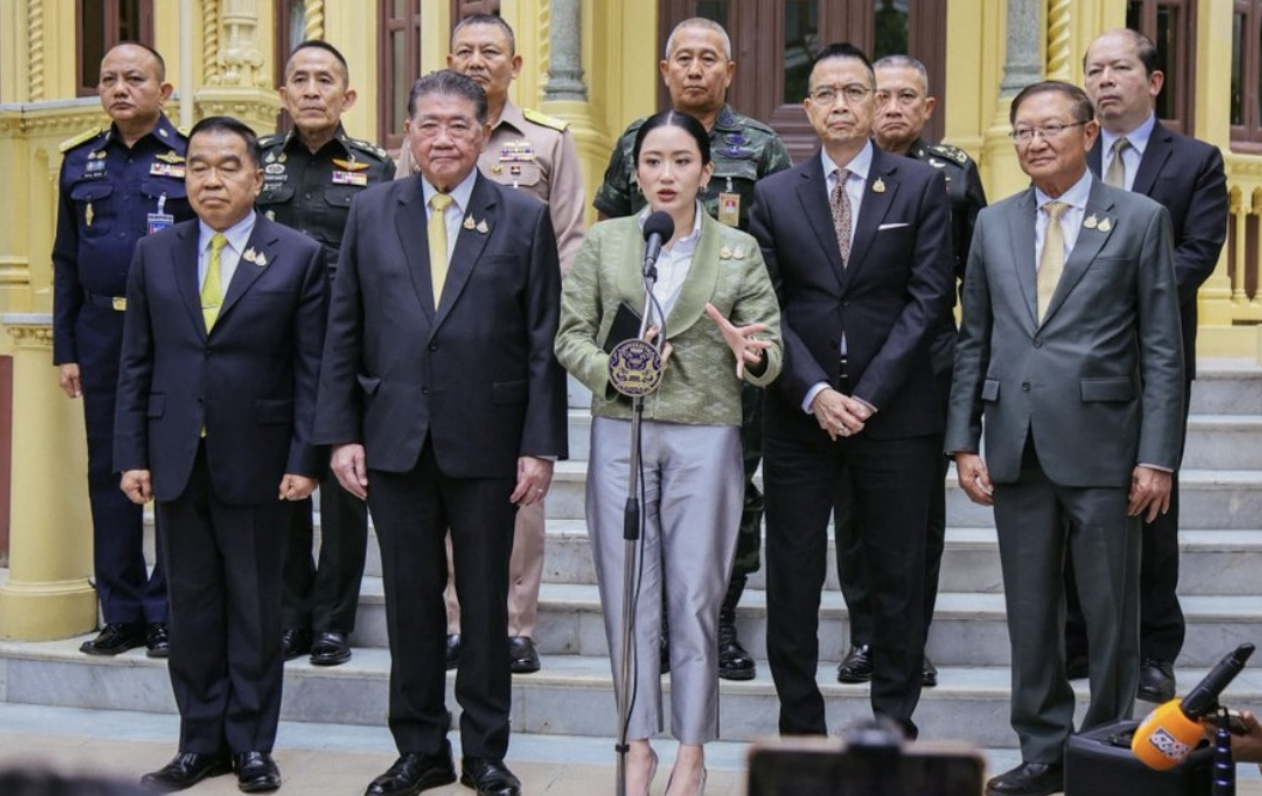




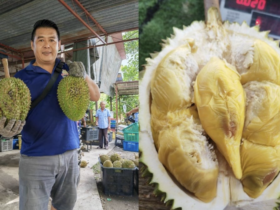



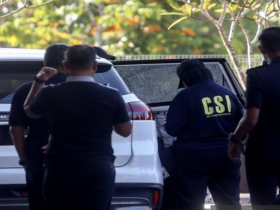
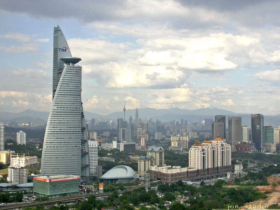

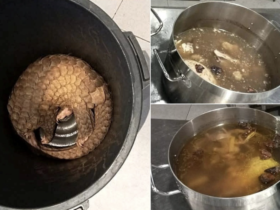
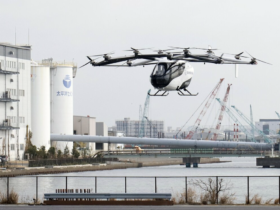

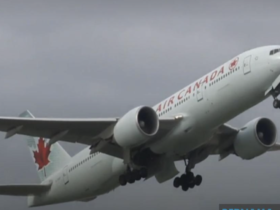
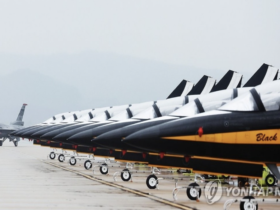
Leave a Reply